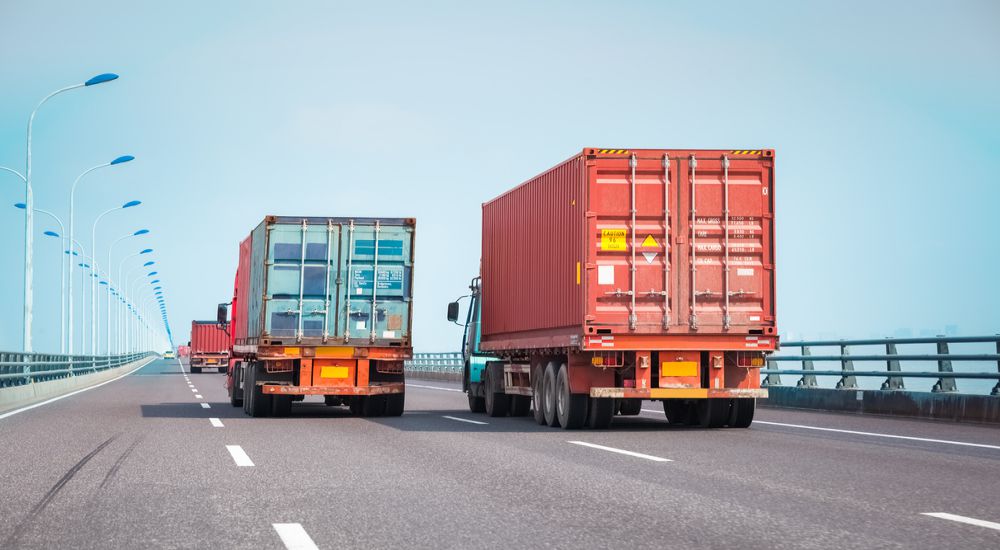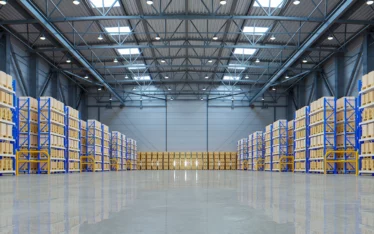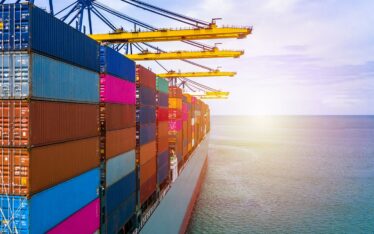Intermodal transportation option is a shipping mode that uses two freight modes, such as truck and rail, to transport freights and items from shipper to consignee. The intermodal shipping process typically starts with a container being moved by trailer to a rail, then back again to the trailer to complete the process.
Many companies switch to this shipping solution because it significantly reduces the costs and time used on the transportation process. Besides, having several transportation modes in one process brings more efficiency than a single shipping mode.
When Should You Use Intermodal Transportation?
So, when to choose intermodal transportation options? Not all shipments and business services are applicable to intermodal transportation. Thus, you must understand when and when not to choose this transportation mode.
Long-distance Freights

If you usually ship your loads more than 750 miles, the intermodal transportation option is a perfect fit for your business. Since long lanes require a high volume of fuel consumption, switching to rail can resolve this issue. Also, if your truck or trailer needs to move your shipments for more than one day, you’ll most likely benefit from this type of mode combination.
Low and Medium Value Freights
When you are shipping high-value goods, it’s better to consider direct and faster transportation modes like air freight. On the other hand, if you only send medium to low value freights, intermodal is suited for you.
Regular Shipping of Similar Items
If you regularly ship similar freight quantities, getting an intermodal transportation service option would benefit you. For example, you may choose multiple LTL shipments regularly.
What to Consider When Choosing Intermodal Transport
When choosing intermodal transportation, it is crucial to consider some factors. Rail and trailer transport is also dependable. Weather conditions might delay your cargo from reaching its destination.
You cannot guarantee all the time that your goods will arrive at the exact scheduled time. Just like any other shipping method, an intermodal transportation option has its drawbacks. Therefore, before choosing this kind of shipping mode, it’s crucial to consider some essential factors.
Secure your Cargo

No matter what type of transport mode it is, there’s always a risk of damage to cargo/goods. But shipping by rail and trailer often gives you the most liability as compared to other shipping options.
In some cases, braking, cornering, shunting, and passing your goods over rail switches can dish out the irregular force on freight. It can cause containers to lift off the platform and might increase the cargo damage. Thus, you have to make sure that your cargo is always secured.
Limited Accessibility
We all know that rail service is only available along railway routes. It is the main reason it takes multiple transport modes, such as trailers, to get your cargo from point A to point B.
Aside from the impact on its shipping costs, intermodal shipping also has limited accessibility as it holds how to buy klonopin sway over the time it takes to move cargo to its destination.
Extensive Planning
Intermodal transportation option also has many moving parts, so it requires extensive planning to ensure that your goods reach their destination timely and safely.
You must coordinate not only in moving freight by rail but also getting your shipment from and to the train. Failure to plan accordingly might cost you unnecessary expenses to the overall shipping charges.
Time in Transit

Aside from water transport, rail is also one of your slowest shipping options. The estimated transit time to move freight by road will take two to four days, and it will probably take at least a week by rail. Although you lose in speed and flexibility in the intermodal transportation option, you can guarantee more savings.
What Are The Benefits of Intermodal Transportation?
With all the shipping modes available, many shippers seek ways to reduce their transportation costs and transport their freight more efficiently and securely.
It turns out that intermodal shipping can offer businesses many considerable advantages. However, take note that it is not always the best solution for all companies and lanes.
Shippers use intermodal transportation option for several reasons:
It reduces transportation costs.
Since intermodal combines several shipping modes, it lessens the cost of transportation. Some of the methods like rail and trail can cut down the overall shipping cost.
Besides, this mode allows you to save on fuel. Intermodal also allows your freight to be moved in containers, which do not require individual handling, eliminating manual labour costs.
Reliability and safety.

One of the main benefits of intermodal transportation is its reliability on capacity and safety. Unlike the OTR mode, rail, trucks, and other modes give you guaranteed resources.
Besides, shipping with rail and trucks is more convenient and secure than different methods because your freight goes through a stable route with fewer stopovers. The train is also less likely to catch road accidents and can avoid highway congestion.
Eco-friendly.
Being environmentally friendly is the new thing in the shipping industry. What’s good is, being eco-friendly is also one of the benefits of intermodal transportation.
Using alternative transportation modes like intermodal can drastically lower your carbon footprint, reduce shipping costs, and raise your brand awareness.

Final Thoughts
Indeed, the intermodal transportation option is a reliable and affordable shipping method that allows you to save transportation costs and minimize your company’s carbon footprint.
However, before deciding when to choose intermodal transportation, make sure to weigh all the pros and cons associated with this transport mode. When choosing the right shipping mode, you should consider your freight type, cargo volume, mileage, and many other factors.
OCTi is making intermodal container shipping easier than ever with our comprehensive network of transportation that will suit all your intermodal transportation requirements. You may contact us at 905-695-1501 to get a free quote, today!




